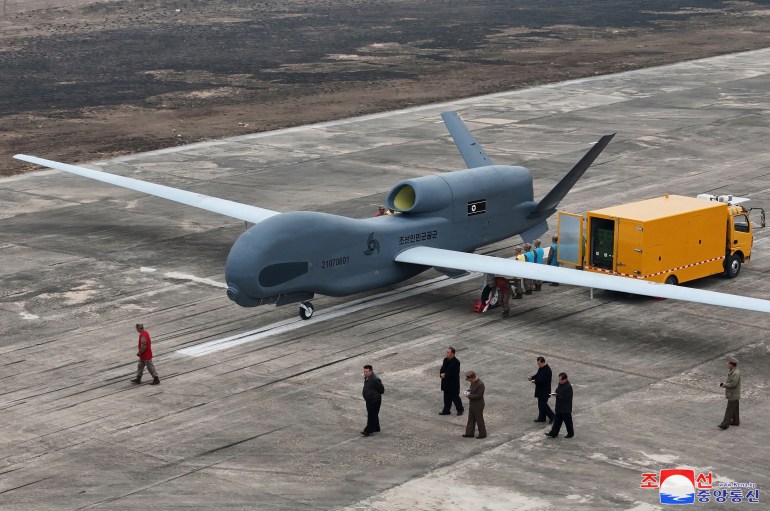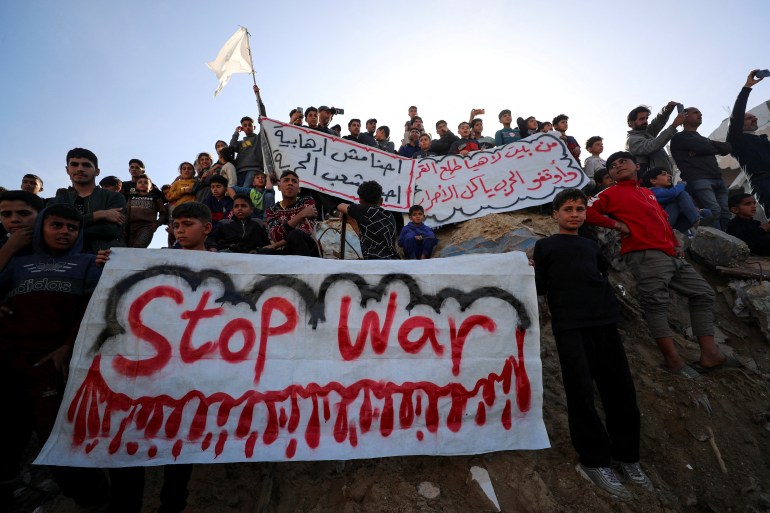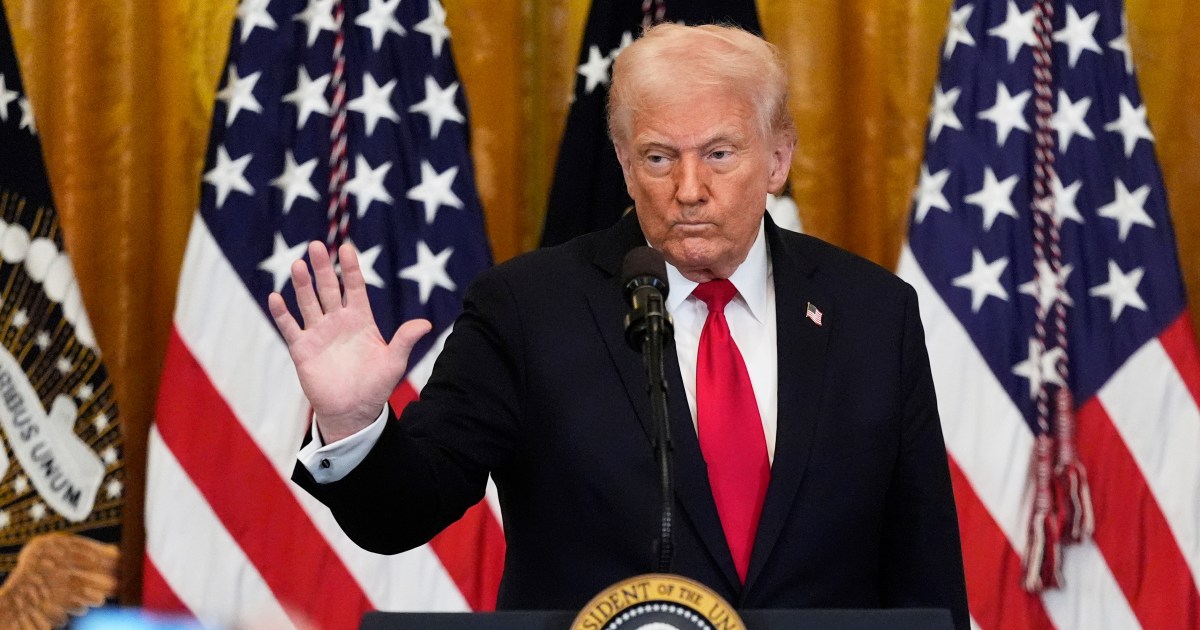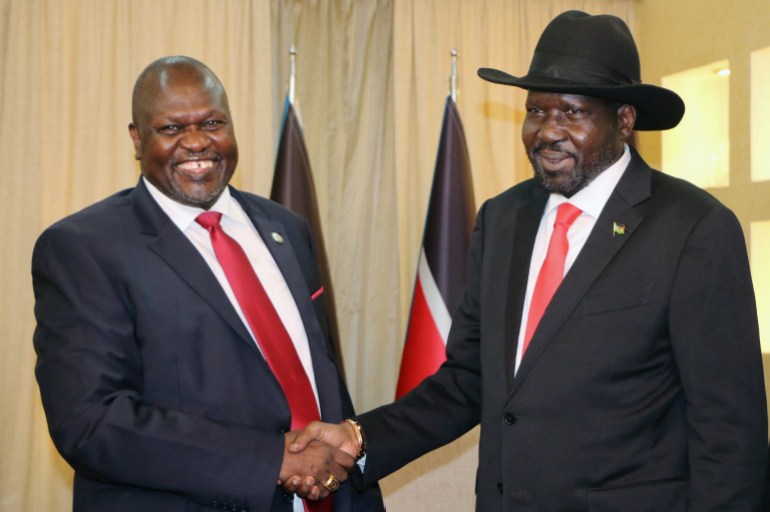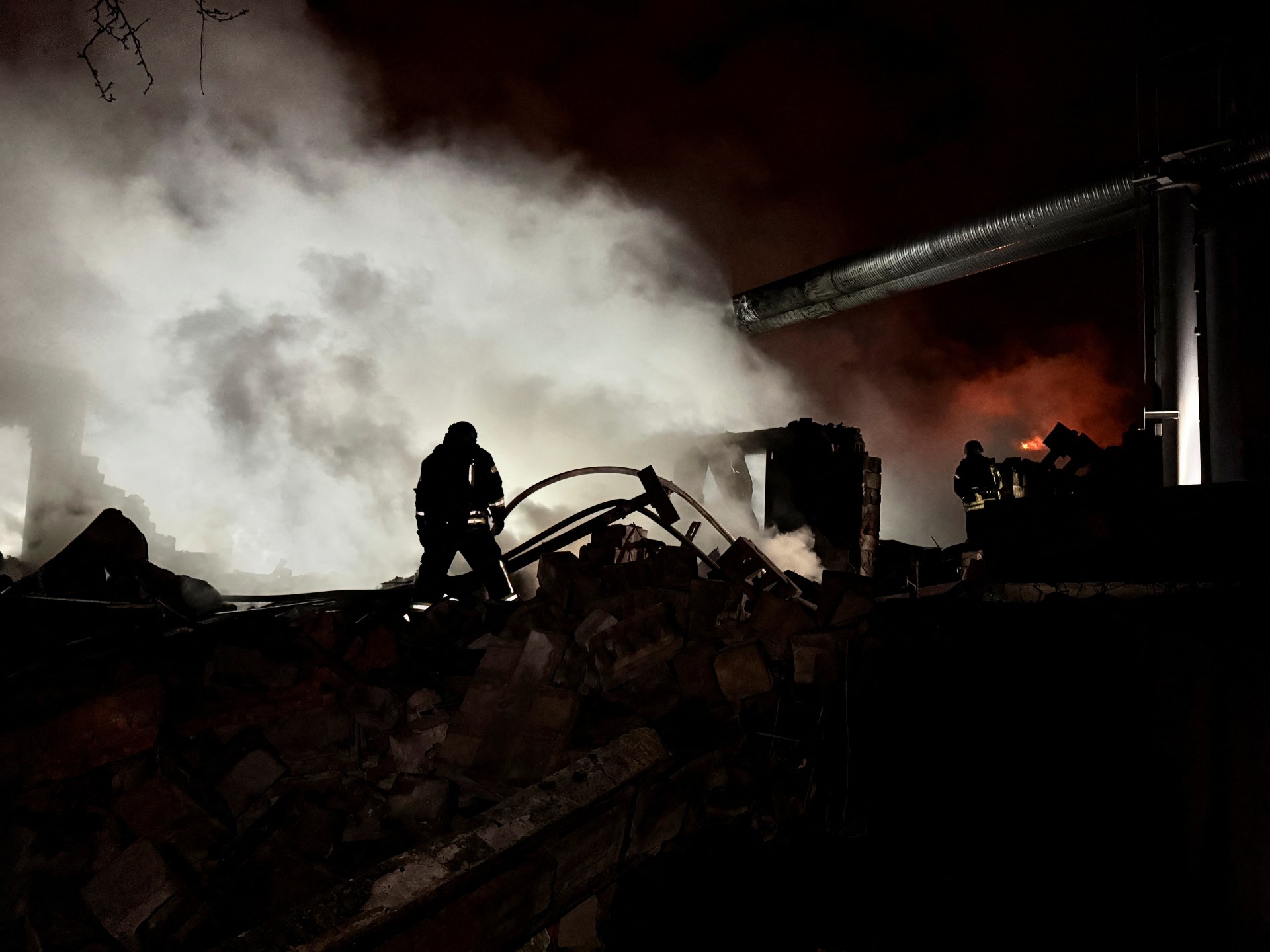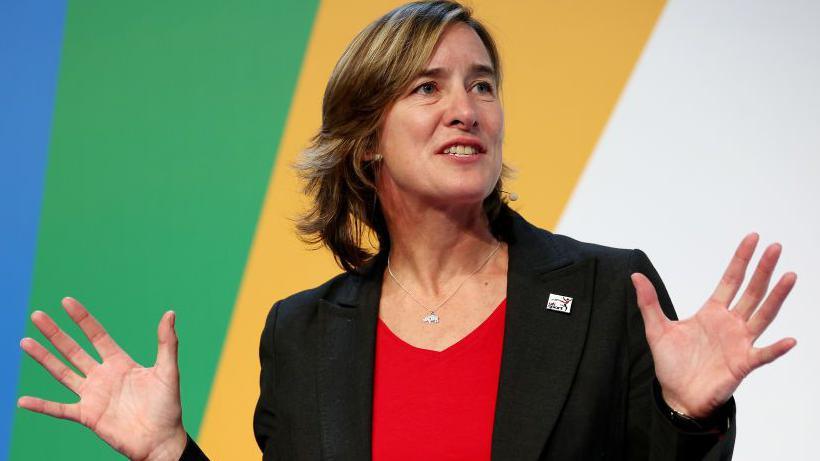Kim oversaw the testing of “various kinds of reconnaissance and suicide drones” produced by North Korea’s Unmanned Aerial Technology Complex, according to the state-run Korean Central News Agency (KCNA).
The attack drones will be used for “various tactical attack missions,” according to KCNA, noting that both drone systems have been equipped with “new artificial intelligence.”
Kim reaffirmed his desire to increase the production of “unmanned equipment and artificial intelligence” and stressed the need for a long-term strategy to support “the rapid development” of “intelligent drones,” which he described as “the trend of modern warfare.”
According to the images captured during the tests on Tuesday and Wednesday, attack drones reportedly successfully hit ground targets, including military vehicles.
Despite images that were made available by KCNA, Kim was seen boarding an airborne early warning and control (AEW) aircraft and walking with aides near a recently developed unmanned aerial reconnaissance aircraft, which appeared to be larger than a fighter jet.
The North, which had a radar dome on the fuselage similar to the Boeing-manufactured Peace Eye operated by the South Korean air force, has unveiled such an aircraft for the first time since the photos.
Analysts had previously reported on North Korea’s plans to build an early warning system after discovering that Pyongyang was using commercial satellite imagery to transform a cargo aircraft made of Russian-made Il-76 into an early-warning role.
An AEW aircraft would add to North Korea’s existing land-based radar systems, according to an IISS report from last year, even though just one aircraft would not suffice.

Kim was also given information on intelligence-gathering abilities as well as electronic jamming and attack systems that the nation’s electronic warfare group had recently developed, according to KCNA during his visit to the test site.
In exchange for Kim’s donation of thousands of North Korean troops and weapons to support Russia’s conflict with Ukraine, the South Korean government and analysts have repeatedly warned about the potential transfer of sensitive Russian military technology to North Korea.
The Seoul-based military reported on Thursday that North Korea has already given Russia an additional 3, 000 troops and other ammunition this year.
According to South Korea’s Joint Chiefs of Staff (JCS), “an additional 3, 000 troops were reportedly sent as reinforcements between January and February,” adding that 4, 000 of the initial 11, 000 North Korean soldiers sent to Russia in 2024 are thought to have been killed or wounded.
According to a report from the JCS, “North Korea continues to provide missiles, artillery equipment, and ammunition.”
It is estimated that North Korea has so far provided a sizable number of short-range ballistic missiles (SRBMs), as well as about 220 170mm self-propelled gun units and 240mm multiple rocket launchers, according to the statement.




